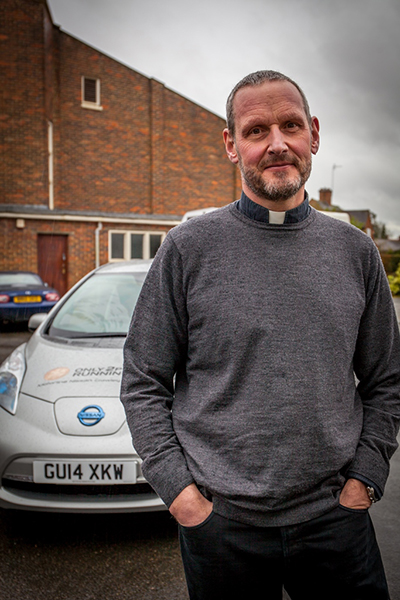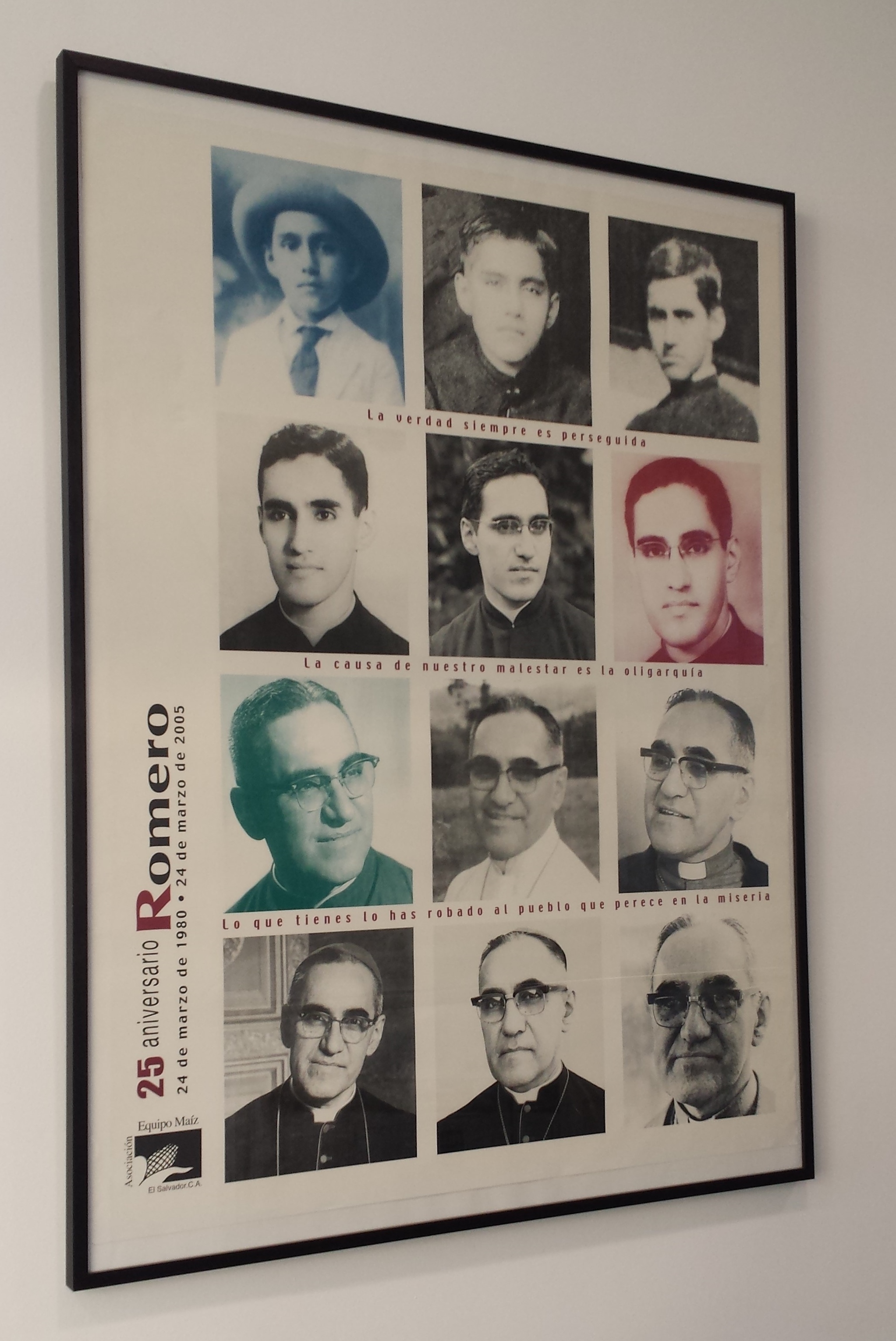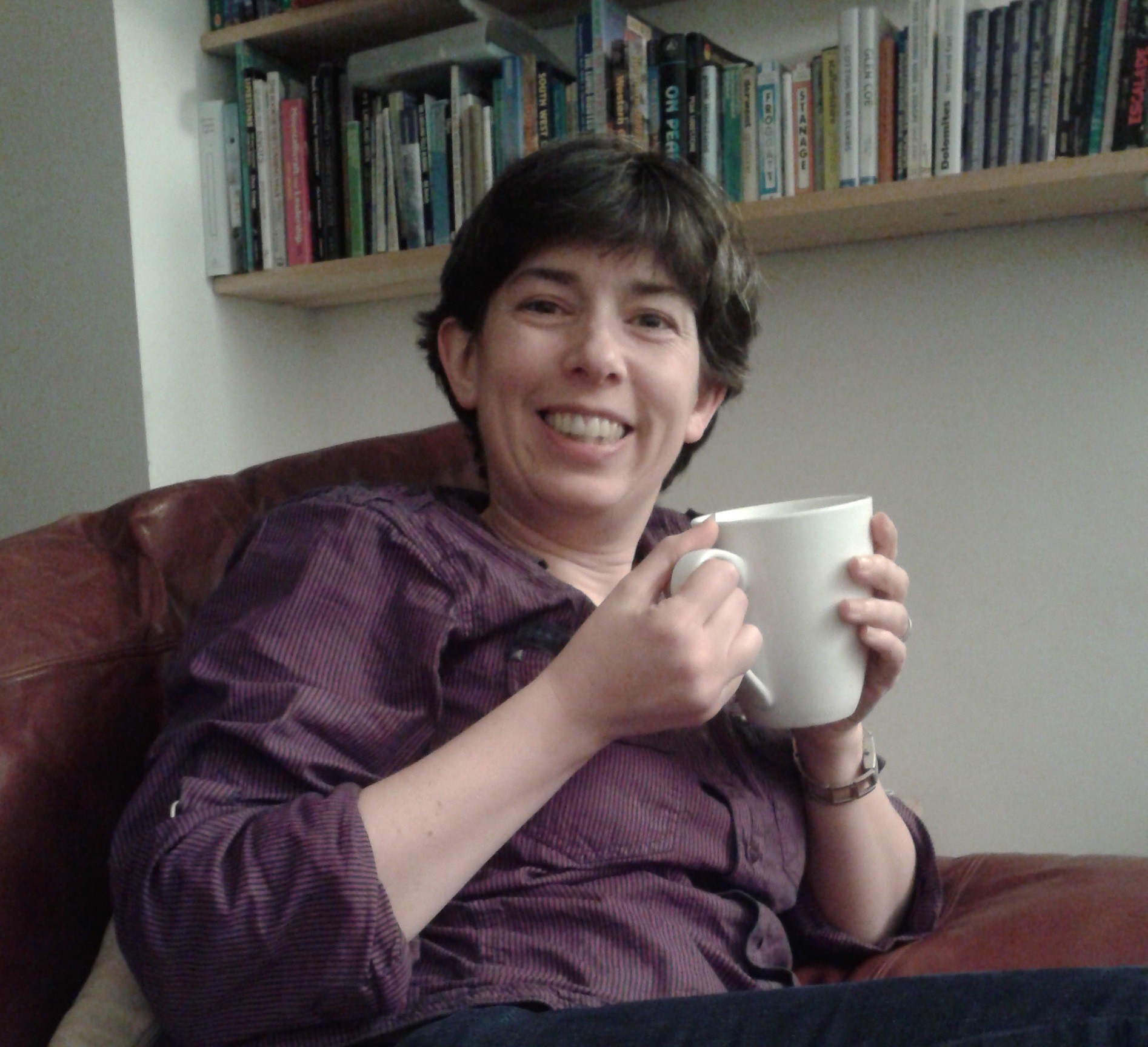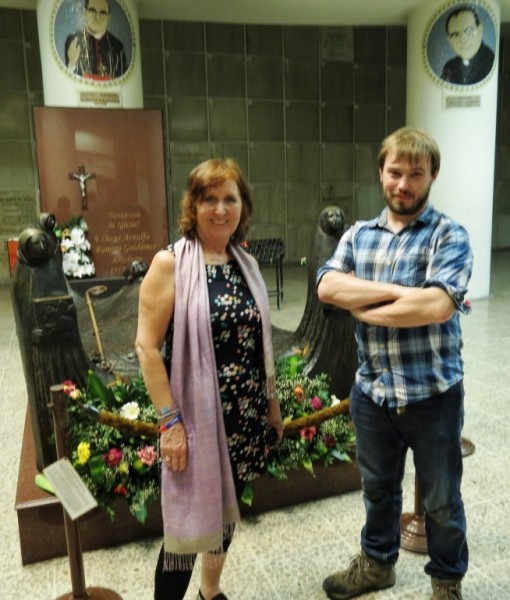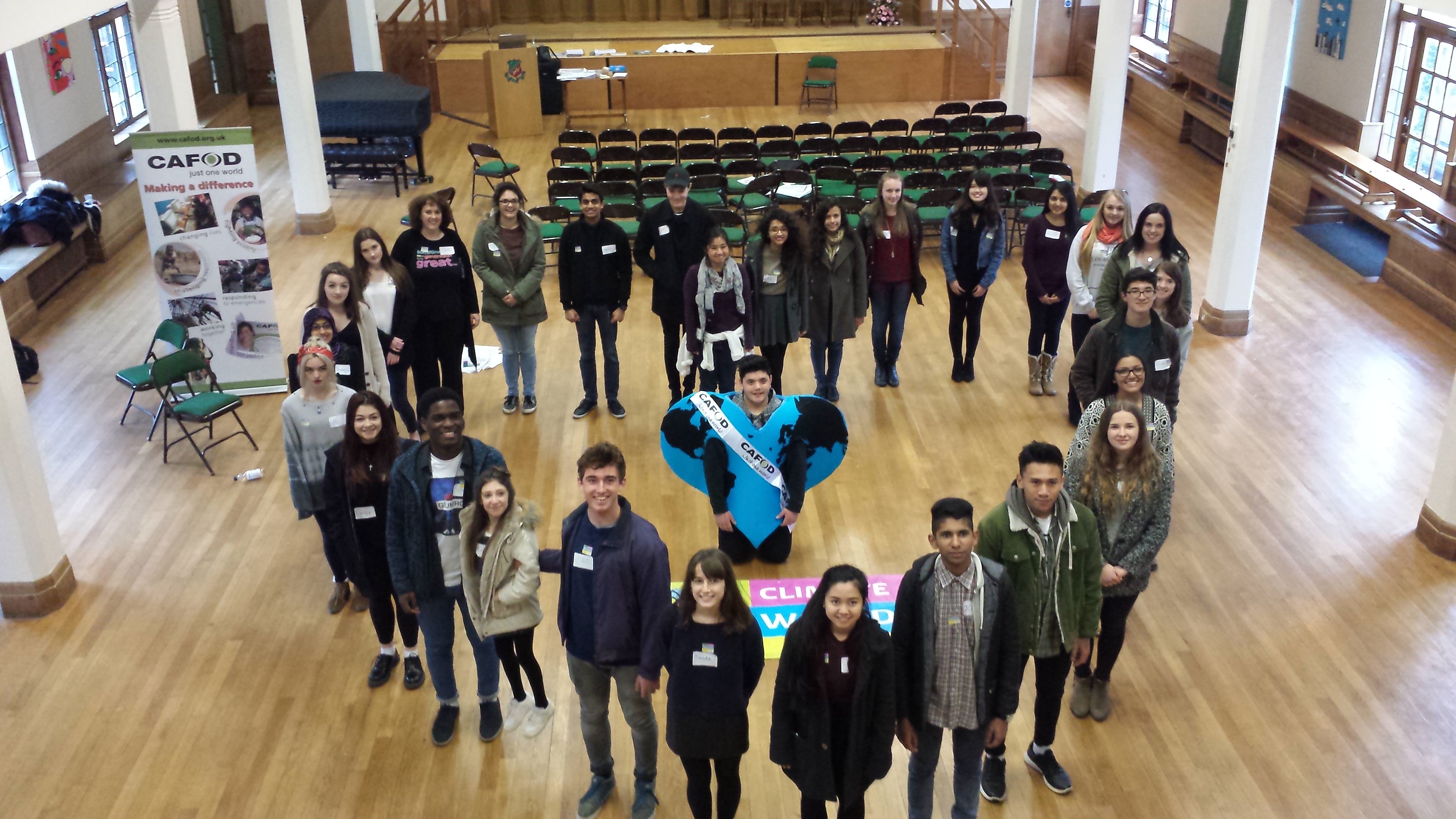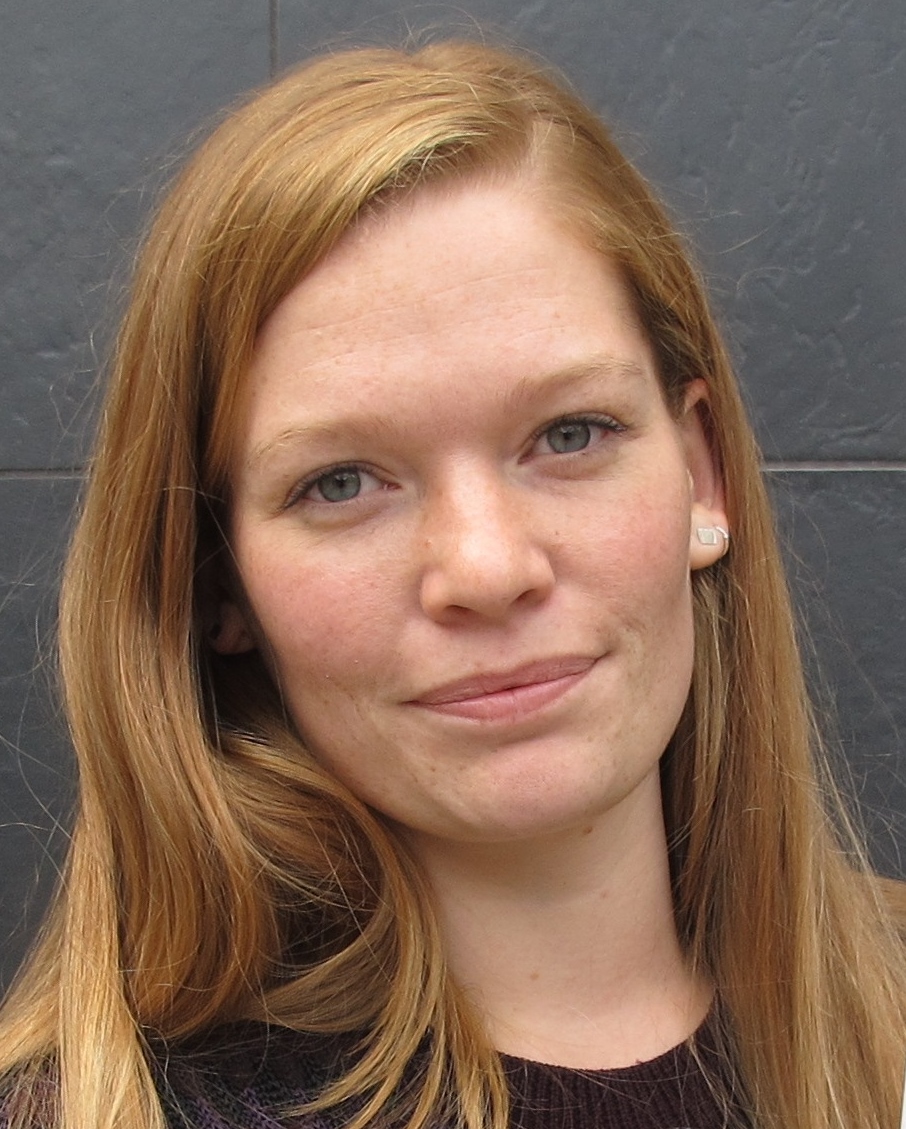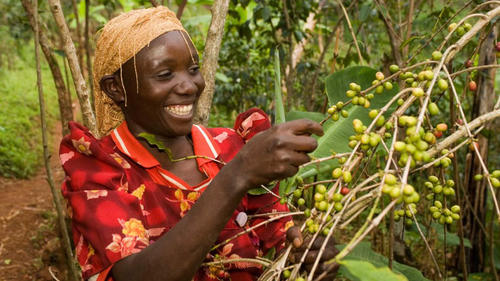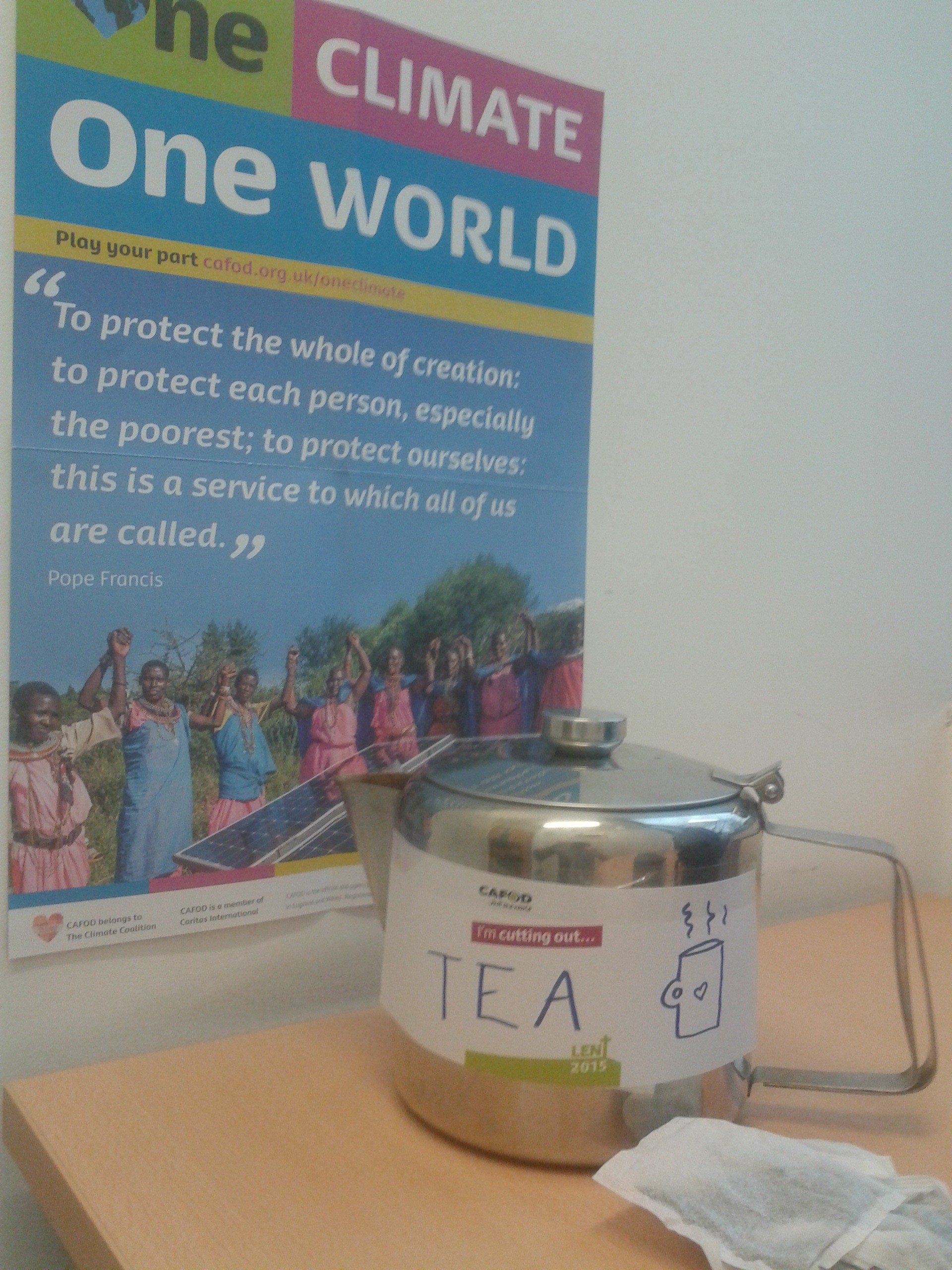International Women’s Day: “There won’t be peace without inclusion or equality”
March 6, 2015
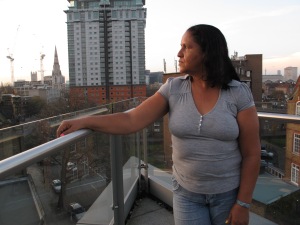
Carmenza Alvarez is a human rights defender in Colombia and works for an organisation supported by CAFOD and Caritas, Women’s Initiative for Peace. The role is a dangerous one, in 2014 alone 614 human rights defenders were attacked and 55 killed.
For International Women’s Day on Sunday 8 March, Carmenza discusses inequality and being trapped in the middle of a fifty-year conflict. She recently spent time in Europe as part of a joint CAFOD, Caritas Colombia, ABColombia and EC project, which sought to help protect human rights defenders in Colombia, with a particular focus on land restitution claimants, women and minority groups.
Please pray for equality and peace
“In 1991 I was working in a restaurant. It was in an area frequented by the left-wing revolutionary group, FARC. My son was at school and studying. When he finished for the day, a group would come for him and supposedly take him to play football.
“One of the visitors to the restaurant, after about two months of this, came up to me and said, ‘Sister, I’m going to tell you something. They’re preparing your son for war. Save him.’ Continue reading “International Women’s Day: “There won’t be peace without inclusion or equality””


